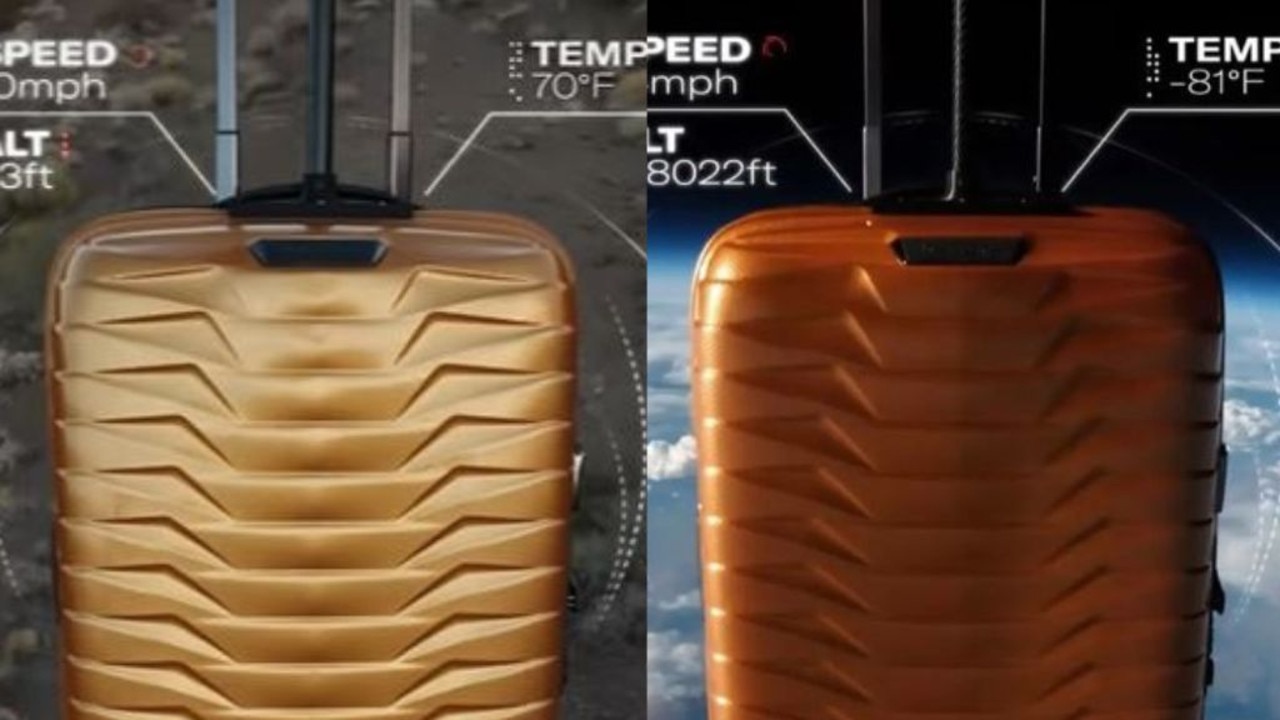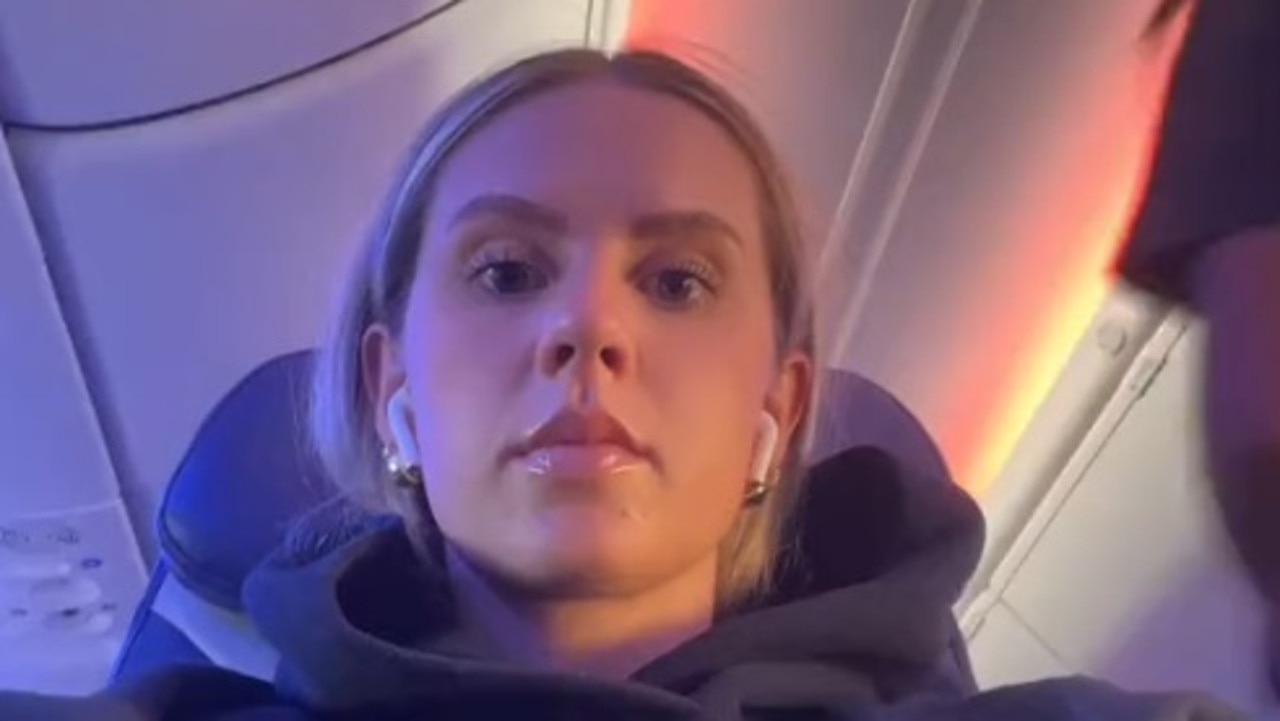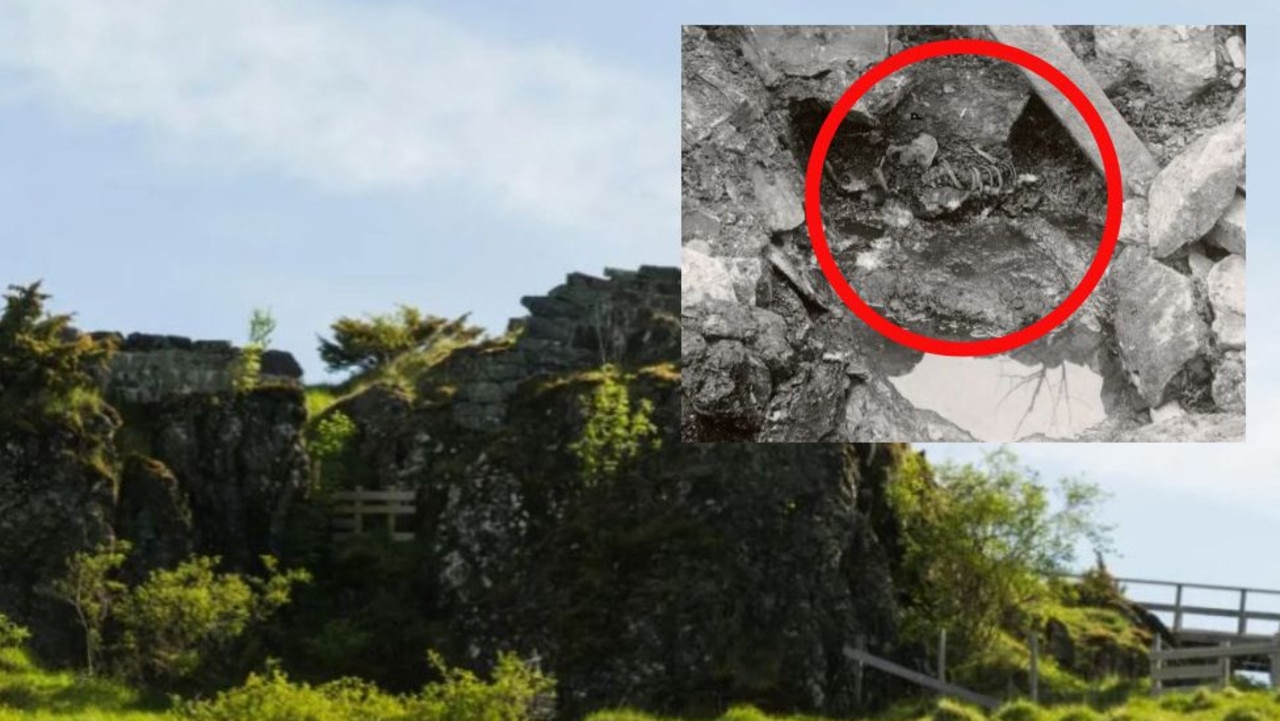Aussie tourists say one word gets them better treatment in Europe
Aussies are convinced they are treated better when locals find out an important thing about them when travelling in Europe.

Australians travelling in Europe are observing a sudden change in behaviour when locals find out they are not British or American.
Perhaps it is out of respect for Aussies travelling more than 24 hours to witness a new culture or a fascination with the faraway land we call home.
Maybe it is because we lean into the stereotypes and even embellish them (“Is Australia really full of deadly animals?” “For sure, you must especially keep an eye out for drop bears”).
Whatever the reason, Australians appear wrapped with their overseas reputation and that simply saying they are Australian gets them a positive response.
An Australian traveller took to the ‘Ask an Australian’ subreddit on Sunday to ask if others have experienced being treated differently in Europe once the locals find out they come from down under.
“I hear that they often assume you’re American and treat you rudely, but once they find out you’re Australian they 180 and treat you much better?” the curious user posted.

The post attracted hundreds of comments, many providing anecdotes that supported the notion.
“Yes, very much so. To the point that only second international trip, I got an Australian flag patch for my backpack!” wrote one Aussie.
“My mum used to wear a kangaroo pin on her jacket when in Europe to show she was Australian and not British/American. Definitely found people much more friendly when they knew you were Australian, especially in France,” another wrote.
“110% in Switzerland and Germany, and especially France. I got use to staying ‘I’m from Australia’ not ‘Do you speak English?’. The difference was insane,” added a tourist from Adelaide.
One Aussie recalled a time while at a train station in Paris where they asked for directions.
“None of the French staff [were] being very helpful until someone else near me revealed I was Australian,” they said.
“Had that in Nice too. Everyone working at the bar I was at suddenly remembered how to speak English once I told them I wasn’t British,” shared someone else.
Another traveller in Paris said they were asked if they were “from the land of kangaroo” and upon answering yes were met with significantly more friendliness and many questions.
Others agreed it was “very obvious” in France, Germany, Switzerland and also Italy.
An Australian who moved to Paris without speaking fluent French said they deliberately include where they are from in their greetings.
“I start every sentence with ‘Bonjour, je suis Australien’ [Hello, I am Australian]! And this is often met with ‘ah bon’ [oh good] ï¸and an undeserved compliment to my French,” the expat said.
“I really think mentioning I’m Aussie is helpful, to immediately rule out Brit and American treatment.”
The original user who posed the question said their mum experienced this difference when she was in her 20s, and still experienced it on her most recent trip to France in her 60s.

American tourists and their reputation for being loud and obnoxious in Europe was thrown into the spotlight when the hit Netflix show Emily in Paris was released in 2020.
The show follows an American marketing executive whose Chicago company acquires a French luxury marketing firm. She is sent to Paris to shake-up how they do things and provide an American perspective, which is not welcomed.
She eventually starts learning French and makes an effort to understand the culture, and in turn is more accepted.
Sara Clemence, a former travel editor of The Wall Street Journal, penned a piece for The New York Times in 2021 on how to be a better tourist.
“Americans have long had a reputation for being terrible tourists: loud, rude and too often clad in tube socks,” the first line of her article on sustainable tourism read.
A TikTok skit in June of New Zealand creator Theo Shakes pretending to be an American on holiday has more than one million likes and 6.7 million views.
The video is captioned: “Those Americans on holiday that let everyone know they’re on holiday.”
“You always hear them before you see them,” one top comment read with more than 170,000 likes.
“They verbalise every single thought,” said someone else, attracting another 63,000 likes.
More Coverage
Closer to home, Indonesia, home to one of Australians’ top overseas destinations Bali, has pleaded with Aussie tourists in the last year to be better behaved and respect their local customs.
They have also urged Aussie tourists to explore more of the country beyond the wildly popular holiday island.
It is not the only country urging tourists to consider lesser-known destinations for their travels as popular cities across the globe look desperately for new ways to cope with a massive boom in tourism post-Covid.






